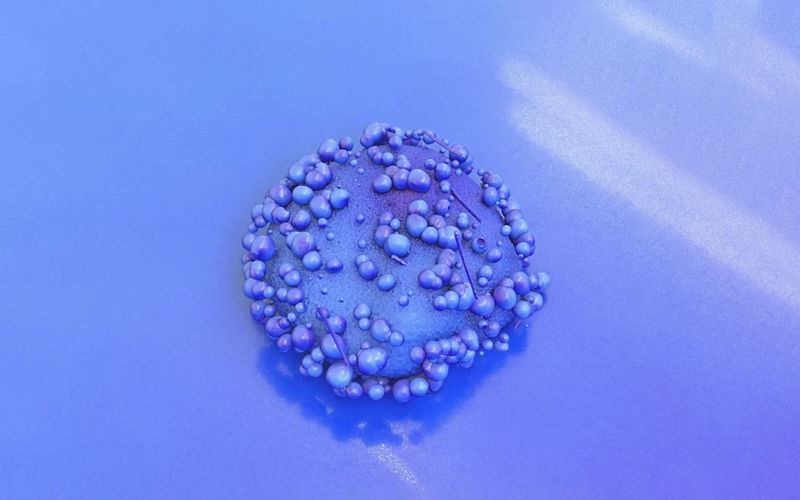How Much Does a Stem Cell Transplant Cost?
A stem cell transplant can be expensive but beneficial for some conditions – so how much does it really cost? Let's take a look.

10,000+ subscribers
Join our newsletter to learn more about stem cell therapy and the science behind it.
{{protocol2="/styling"}}
The cost of a stem cell transplant varies greatly depending on the specific procedure and the patient's medical needs. Generally speaking, a stem cell transplant can range from tens of thousands to hundreds of thousands of dollars – with many additional expenses for chemotherapy, hospitalization, medications, and other treatments.
The cost of a stem cell transplant can vary depending on the type of treatment needed, ranging from $15,000 to $75,000. According to a 2022 poll, treatments cost between $10,000 and $40,000, while a Twitter poll reported that patients could expect to spend from under $5,000 to over $50,000.

Understand What's Involved in a Stem Cell Transplant
Typically understood as HSCT or (Hematopoietic Stem Cell Transplant), A stem cell transplant is a procedure in which healthy blood-forming stem cells are introduced into the body to replace cells destroyed by treatment. This can be used to treat certain types of cancer. The stem cells can come from the patient or a donor. The procedure is costly and may not be covered by insurance.
Knowing precisely what is involved in a stem cell transplant can help you better understand its cost. The entire procedure includes collecting stem cells from either a donor or the patient, processing and storing the cells, giving chemotherapy treatment to the patient, infusion of stem cells into their bloodstreams, and follow-up care for any side effects that might occur. Understanding these steps can help you determine the necessary costs and which ones you can reduce or avoid altogether.
Calculate the Cost of a Stem Cell Transplant.
It is difficult to estimate the total cost of a stem cell transplant as it largely depends on factors such as the patient's age, location, and health insurance. Generally speaking, the most expensive part of any stem cell transplant is likely to be the cost of harvesting and preparing the stem cells for infusion.
In addition to this, you must also consider additional costs associated with travel and lodging if your stem cell transplant requires you to go away from home; charges related to donor collection; medical fees for treatments such as chemotherapy; follow-up visits for post-treatment monitoring; and incidental expenses such as food, housing, and local transportation.
Consider Insurance Coverage & Other Financial Assistance Options
A stem cell transplant's cost largely depends on individual insurance coverage. Insurance policies may cover some or all of the expenses associated with the procedure. Additionally, many programs and resources offer financial assistance and other support services to help pay for medical care related to a stem cell transplant. Make sure to explore each option thoroughly and determine which one works best for your situation.
Review Possible Additional Expenses With Your Doctor
A stem cell transplant also involves additional expenses that insurance may not cover, such as pre-transplant care, medications, transportation, and lodging. Make sure to discuss these possibilities with your doctor before scheduling a transplant. Additionally, look into any potential discounts and other financial assistance you may qualify for due to your situation and insurance policy.
Compare Costs Among Treatment Centers, When Possible
If you can compare costs among stem cell transplant centers, do so. Different centers often offer other treatment packages at a variety of price points. Take the time to research and compare these prices before scheduling your transplant, as this could save you thousands of dollars.
.webp)

.jpg)




.jpg)